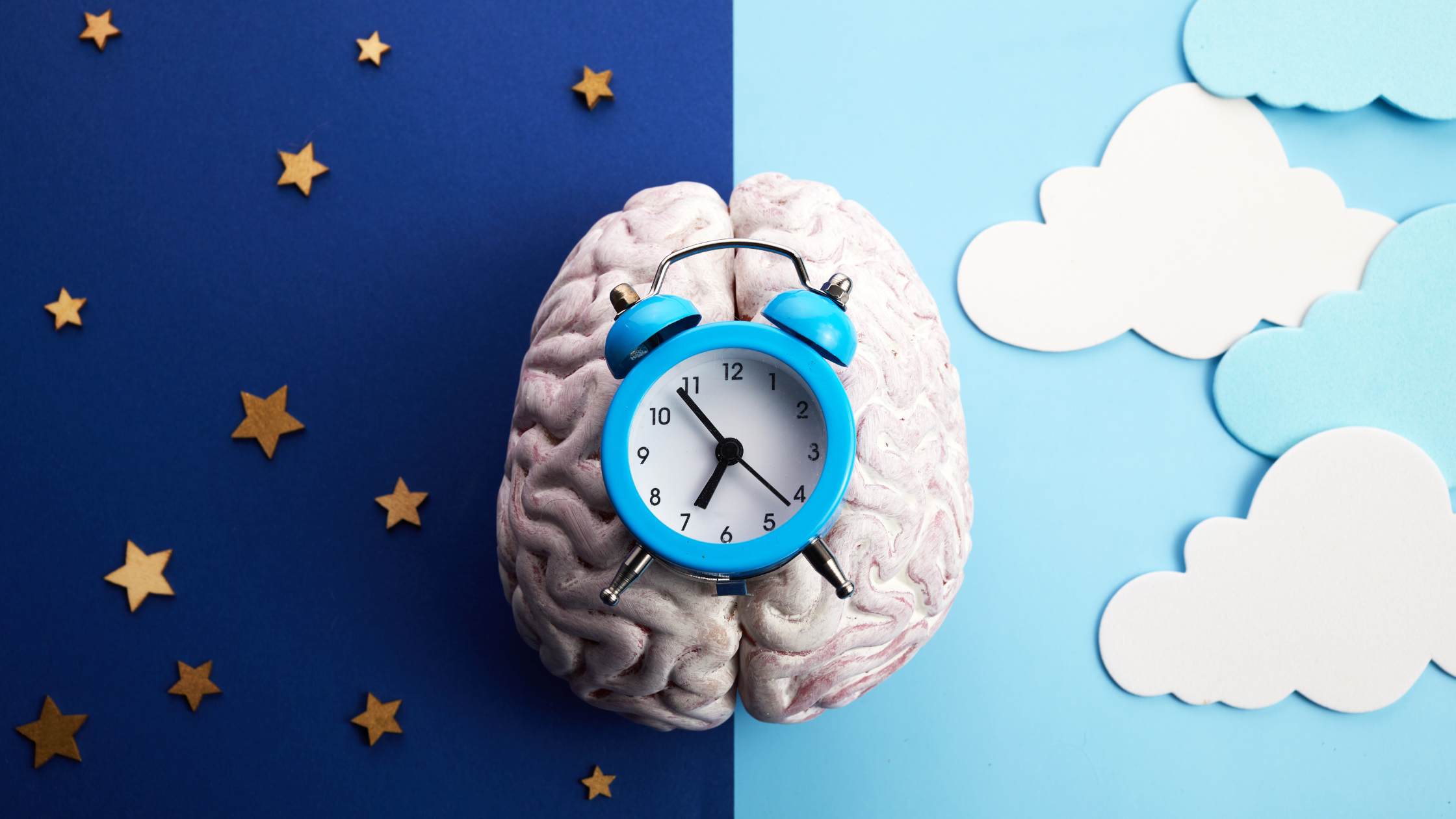Biological Clock Day: Honoring Your Natural Rhythm
Biological Clock Day is April 28th, and with the days getting longer, it’s a perfect time to give your inner timepiece a reset.
I hear the term “biological clock” and automatically go on the defense. I get flashbacks from some unsettling and unwelcome conversations in my twenties and early thirties. But in this context, we’re talking about circadian rhythm, not trying to coerce you into making babies.
Connecting with and trusting my body’s innate wisdom is something that has been the biggest challenge in my recovery. I think many of us are somewhat disconnected to our bodies. Unless you have 1000% freedom over how you spend your days, you sometimes have to be to keep up with daily demands of existing. And if you’re a trauma survivor, you may have disconnected from your body to protect yourself, and now listening to what your body needs feels risky and uncomfortable.
While everyone has the same 24 hours, our natural rhythm varies due to factors such as age and environment. Not everyone works a 9-5, and I think most of us can relate to the inevitable readjustment period when the seasons change. Genetics influence our biological clocks as well, so yeah, you can blame your parents for being a night owl.
Our biological clocks are complex and unique to us, as is our relationships to our bodies, so finding our natural rhythm involves some problem solving. Since there’s no one-size-fits-all sleep plan, regulating your biological clock can take time, practice, and maybe a little trial and error at first.
Where to start?
Sleep is the obvious one. Good sleep hygiene is crucial to keeping your biological clock on track. It’s not just about getting into bed at a reasonable hour, it’s also about what you do while you’re there. Trade your end-of-the-day scrolling for a book in printed or audio form. It can be life changing! Or make it a habit to practice a guided mediation or bedtime yoga before hitting the sheets. Finally, we’re only supposed to use our beds for the 3 S’s: sleep, sex, or when you’re sick. (I say “supposed to” as I write this on my laptop from the comfort of my bed.)
It’s not just about nighttime habits – your morning routine counts too! Try to avoid looking at your phone as long as possible when you wake up in the morning, or at least open the blinds and peep some natural light first. Ideally, you would also engage in some physical activity to start the day. Even a quick morning stroll can help your brain and body get revved for the day ahead.
Eating habits can play an important role in your biological clock as well. This one’s tough for me. I’ve been advised to eat something within the first two hours of waking, and that hurts my soul. I abhor eating in the morning. I did a lot of work in therapy to make it a habit, and I still hate it. Meal replacement shakes are my best friend if actually eating breakfast is too overwhelming of a task.
Eliminating caffeine and alcohol in the evening is great for your biological clock. It’s also common advice that eating dinner several hours before bed and limiting nighttime snacking, but I’m not going to tell you to do that. I believe when you’re hungry, you should eat, even when it’s after 7 pm. Find what works for you without having to deprive yourself. For me, a big spicy meal right before bed will definitely affect my sleep, but a bag of popcorn or granola bar will not.
Take some time this month to tune into your internal clock. By aligning with the changes in daylight and embracing your physical needs, you can reset your biological clock and support your overall wellbeing. Go ahead and let your inner clock tick to the beat of better health!
"Genetics, Aging, and Sleep: Genetics of Sleep." Division of Sleep Medicine, Harvard Medical School, President and Fellows of Harvard College, 1 Oct. 2021,
sleep.hms.harvard.edu/education-training/public-education/sleep-and-health-education-program/sleep-health-education-80. Accessed 16 Mar. 2025.


